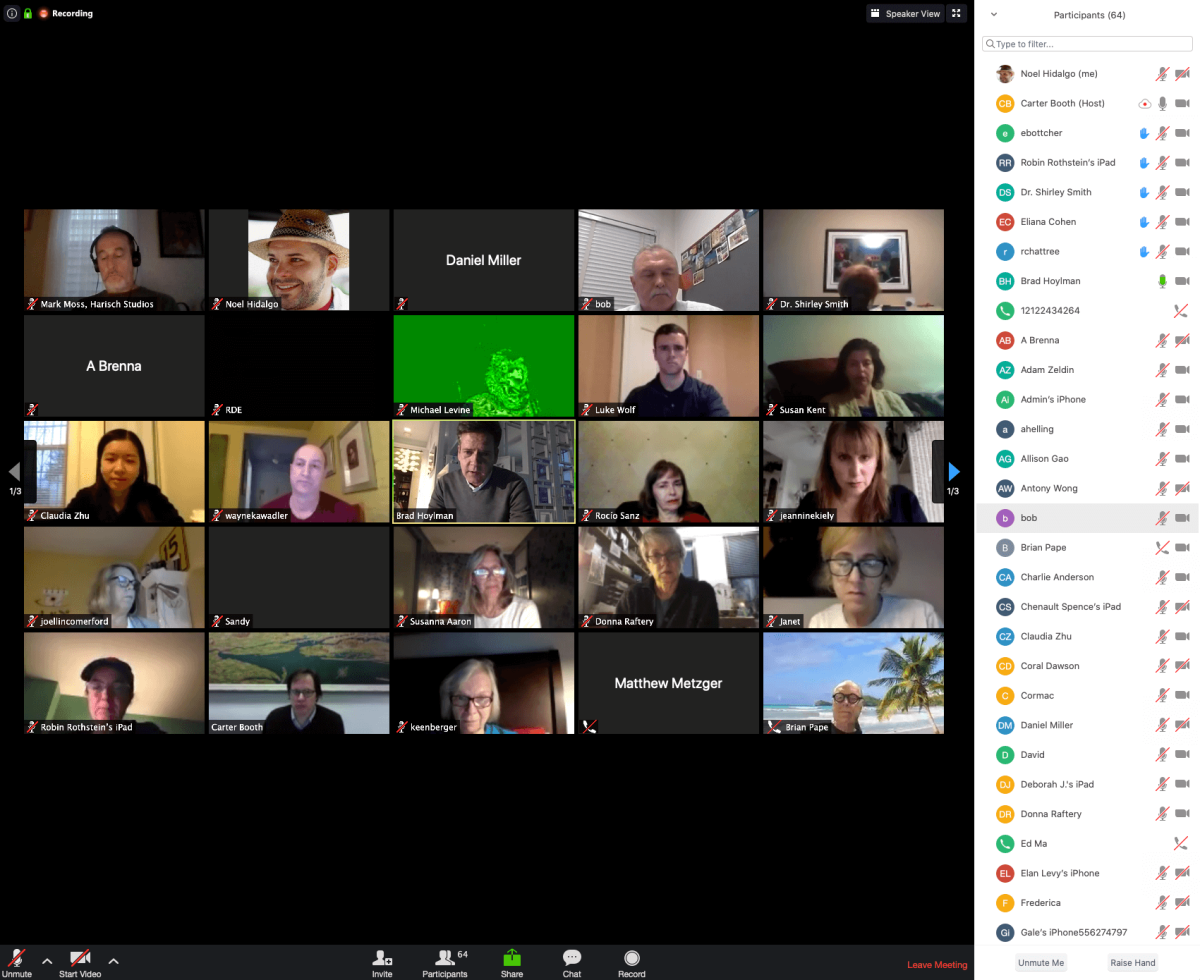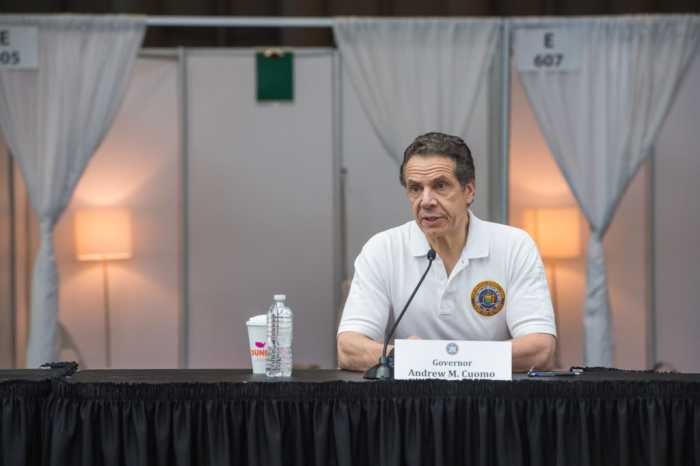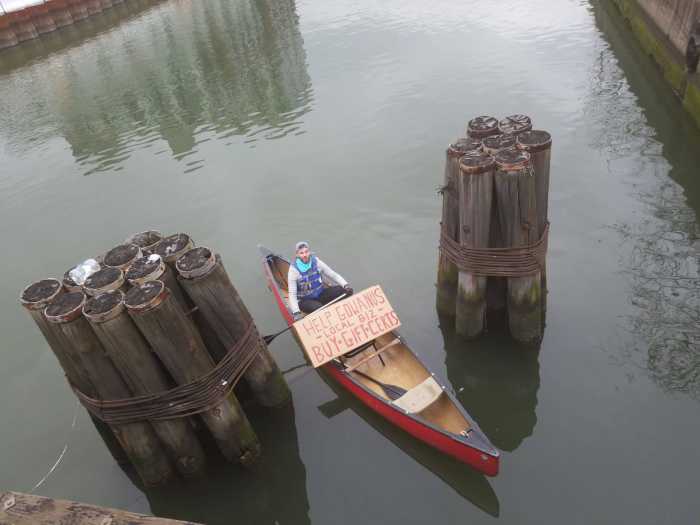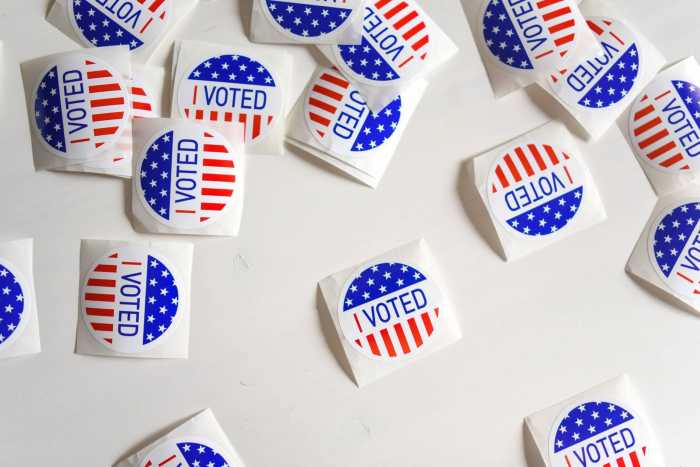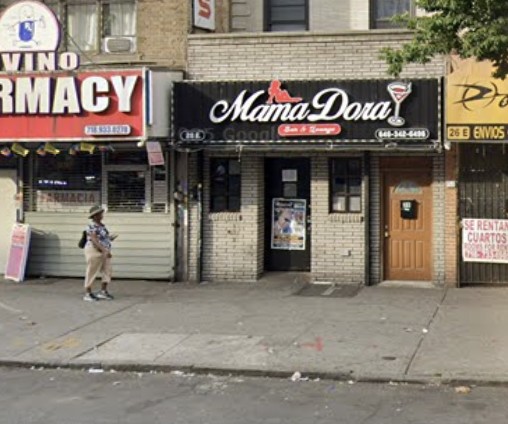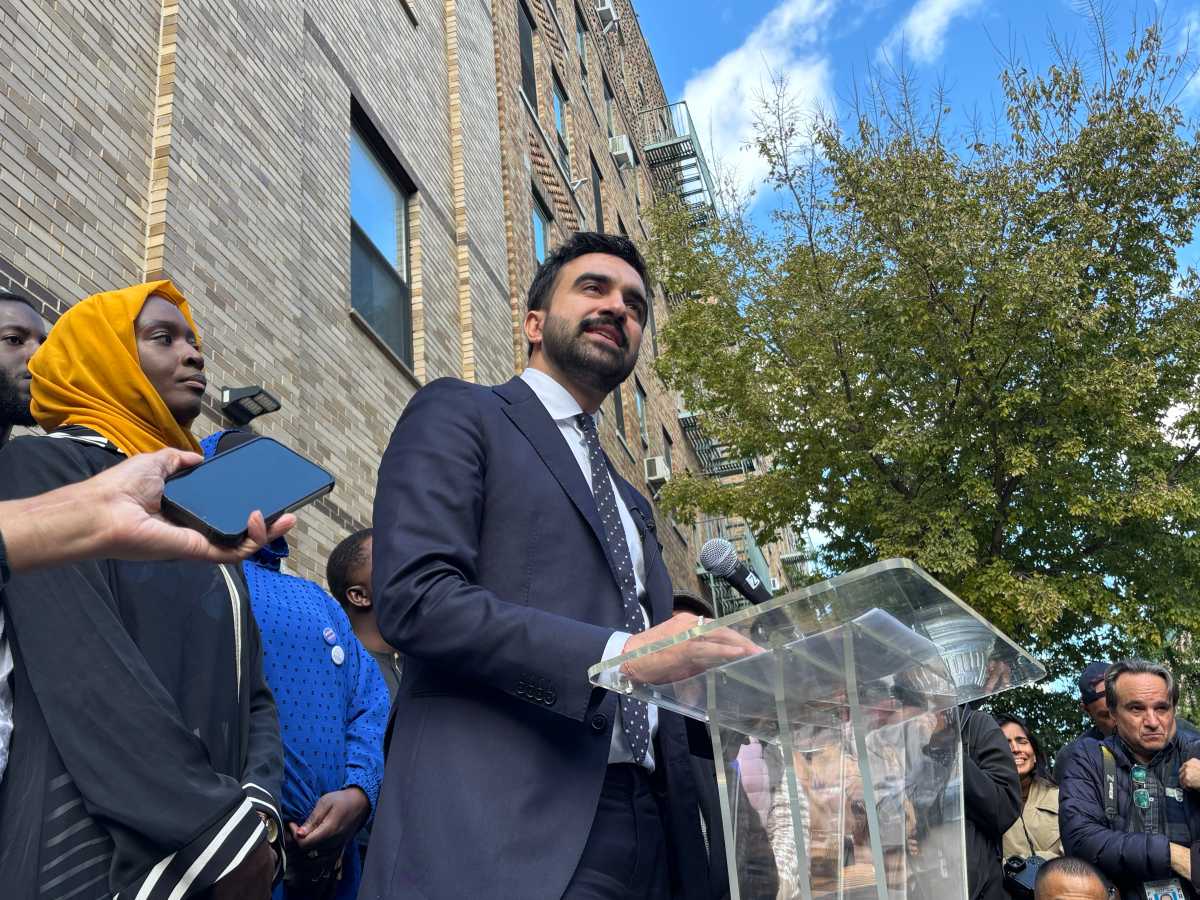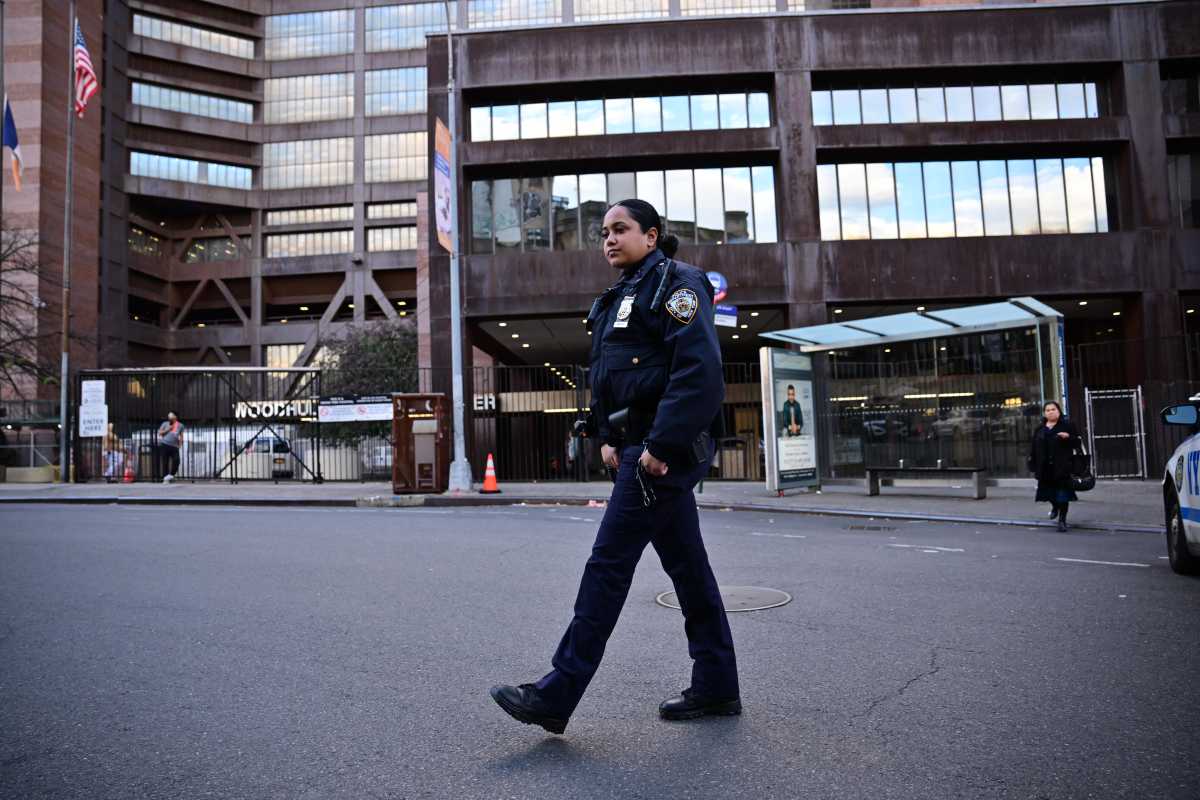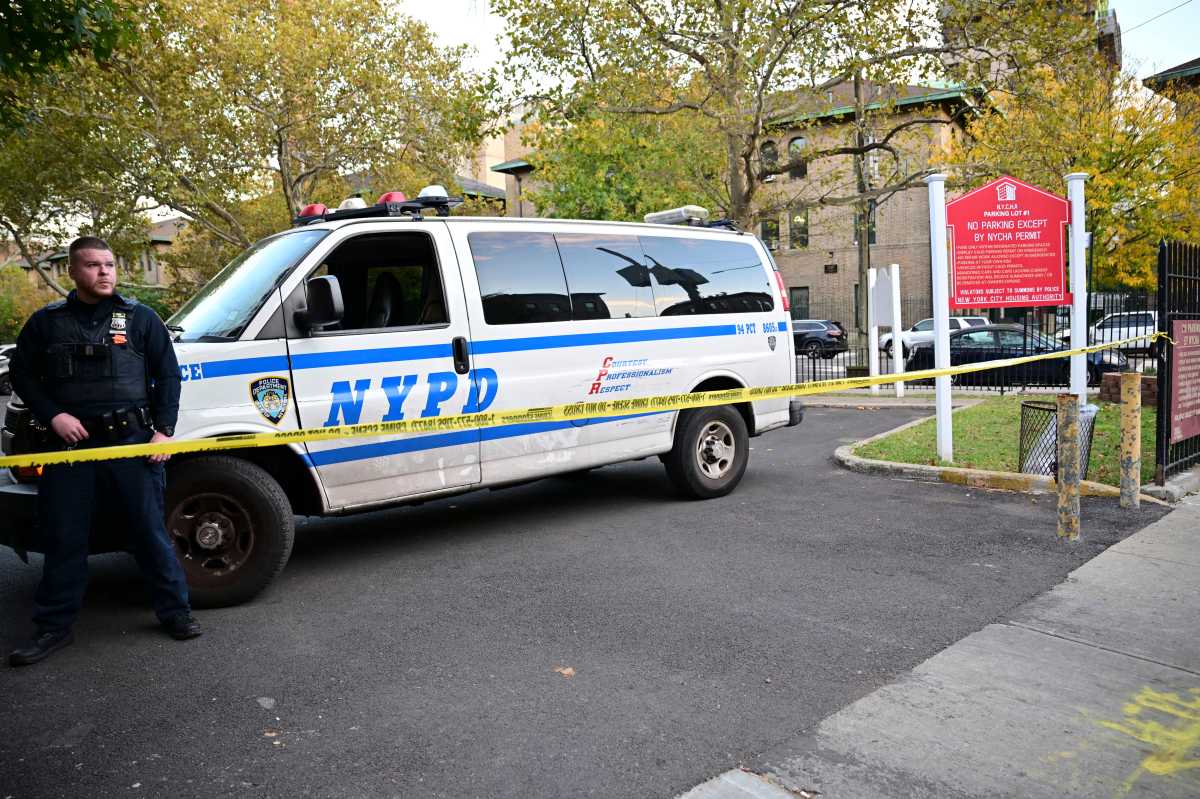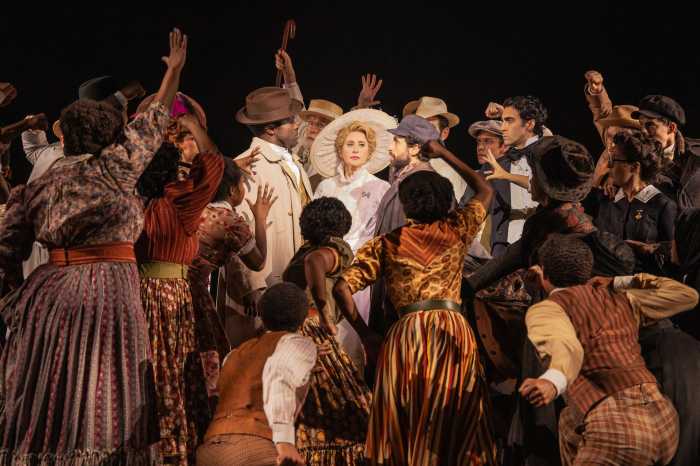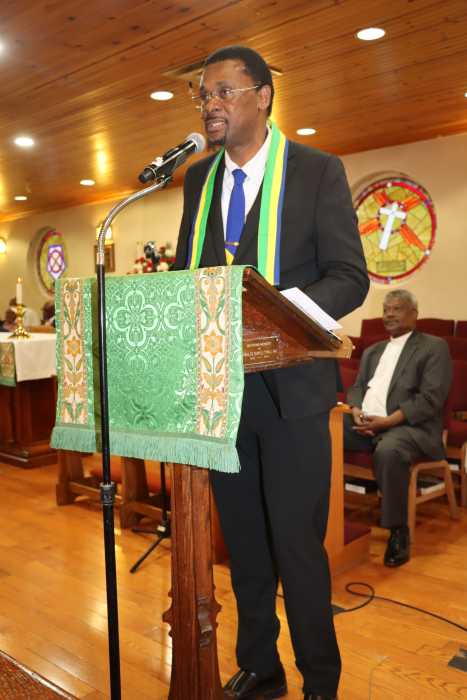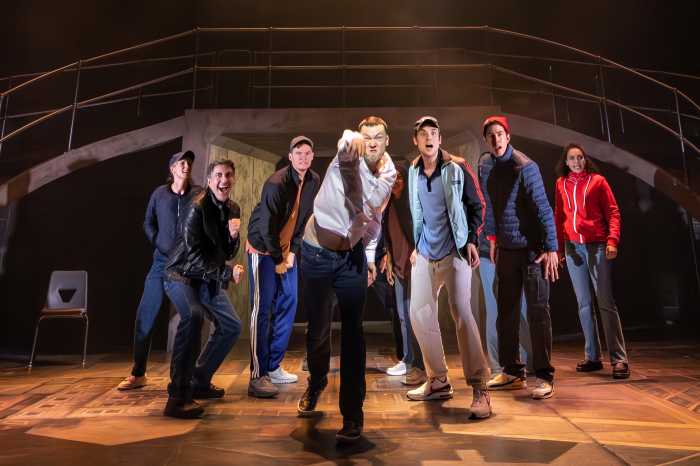Amid the statewide ban of non-essential gatherings to curtail the spread of the novel coronavirus, Brooklyn community boards are looking to restart their regular meeting schedules remotely to keep Brooklynites connected during the unprecedented health crisis.
“If people have questions, it’s a great time for people to have dialogue and the absence of that really makes us feel more socially distanced,” said the district manager of Bushwick’s Community Board 4, Celestina Leon. “It’s for consistency and presence.”
The civic guru drew inspiration from Manhattan, where Borough President Gale Brewer bought subscriptions on the videoconferencing platform Zoom to allow the borough’s 12 community boards to host meetings online.
While Zoom offers a free service, it only allows meetings with more than two participants to last up to 40 minutes — which wouldn’t suit the civic meetings that often last two hours or longer.
A package for 12 hosts like Brewer bought for Manhattan boards would cost between $200 to $240 per month, or about $2,400 per year, according to Zoom’s website — while for Brooklyn’s 18 boards it would cost $300 to 360 per month or $3,600 per year.
Kings County’s commander-in-chief, Borough President Eric Adams, has yet to make a similar move, but a spokesman said that his office was looking into it.
“We’re actively looking at the possibility of purchasing Zoom licensing for Brooklyn community boards to allow them to continue conducting meetings remotely as we deal with the COVID-19 pandemic,” Jonah Allon said in a statement.
In the meantime, some of the groups have taken it upon themselves to buy Zoom licenses, according to the district manager for Downtown Brooklyn’s Community Board 2, who said he hadn’t seen a strategy spanning all Brooklyn boards from Borough Hall.
“I’m not aware of any initiative on a borough-wide basis, and in the absence of that, we’re working on purchasing a contract with Zoom and hope to be up and running as soon as possible,” said Rob Perris.
One of the main functions of the boards — which are run almost entirely by volunteers — is reviewing and giving a purely advisory recommendation on land use applications. The city put these requests on hold for the pandemic, but Perris noted that other applications are still coming to the board, including liquor licenses and requests to work on landmarked buildings.
But the chair of one southern Brooklyn community board worried that many of the board’s older members will struggle with the technology.
“I run into a problem with some of my board members who are not tech savvy and will never be able to navigate this,” said Theresa Scavo, chair of Community Board 15, which represents neighborhoods like Sheepshead Bay, Manhattan Beach, and Gerritsen Beach.
To help the board leaders and members navigate the platform in Manhattan, Brewer’s office worked with the civic design nonprofit BetaNYC set up a free online guide on their website.
But Zoom has raised concern among some, including New York lawmakers. Recent reports have claimed that the platform shared privacy data with Facebook, and that its meetings are not being encrypted as the company claimed. There is also the issue of a new phenomenon dubbed “Zoombombing,” where uninvited attendees hijack meetings, often with racist or otherwise offensive comments.
The head of Bay Ridge’s Community Board 10 echoed these concerns, but said that she bought a one-month license to host this month’s general board meeting and a land use committee meeting regardless, given that the boards have had to find ways to manage during the health crisis on short notice.
“Zoom has some issues with security, so we want to make sure it’s safe too,” said the board’s district manager Josephine Beckmann. “We’ve been kind of thrust into this.”


